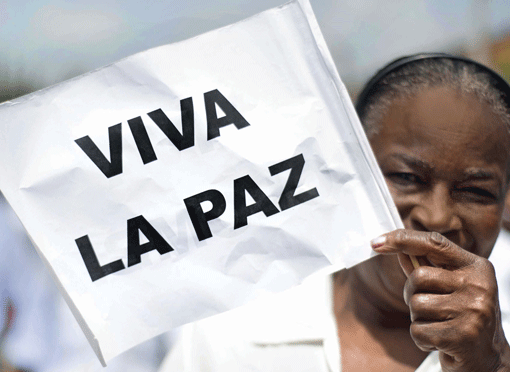The United Nations Security Council has promoted a gender focus in peacekeeping operations, including the protection of civilians, since the adoption of Resolution 1325 (RES1325) in 2000. The logic is simple: involving women in peace negotiations and reconstruction efforts helps ensure a more equitable and stable society following conflict.
Since December 2000, Latin American participation in peacekeeping operations has increased by nearly 1,000 percent.1 Of 7,140 military troops deployed in peacekeeping operations worldwide, female personnel participating in those missions total 238, or 3.3 percent. In the two missions with the most Latin American personnel, the region’s female representation is higher than that of many other countries, but still lower than the target of 10 percent laid out in UN RES1325. For example, female personnel make up only 2 percent of the United Nations Stabilization Mission in Haiti (MINUSTAH), but they make up 2.5 percent of all troops deployed from Latin America.2 Likewise, in the United Nations Organization Stabilization Mission in the Democratic Republic of the Congo, overall female participation is 2.2 percent, but women make up 6.4 percent of Latin American personnel deployed.3
The low numbers of women in peacekeeping forces is closely linked to their low levels of participation in armed forces. Throughout the region, women make up, on average, less than 10 per cent of military institutions’ personnel, with the important exceptions of Argentina (11.63 percent) and Uruguay (16.09 percent).4
State policies to support women’s participation have helped. In Chile, overall female participation (commissioned and non-commissioned officers, as well as troop personnel) reached 6.91 percent as a result of clear state policy: since 2009, Chile has implemented a National Plan of Action in accordance with RES1325 and UN goals to improve female participation in its defense and security institutions…





